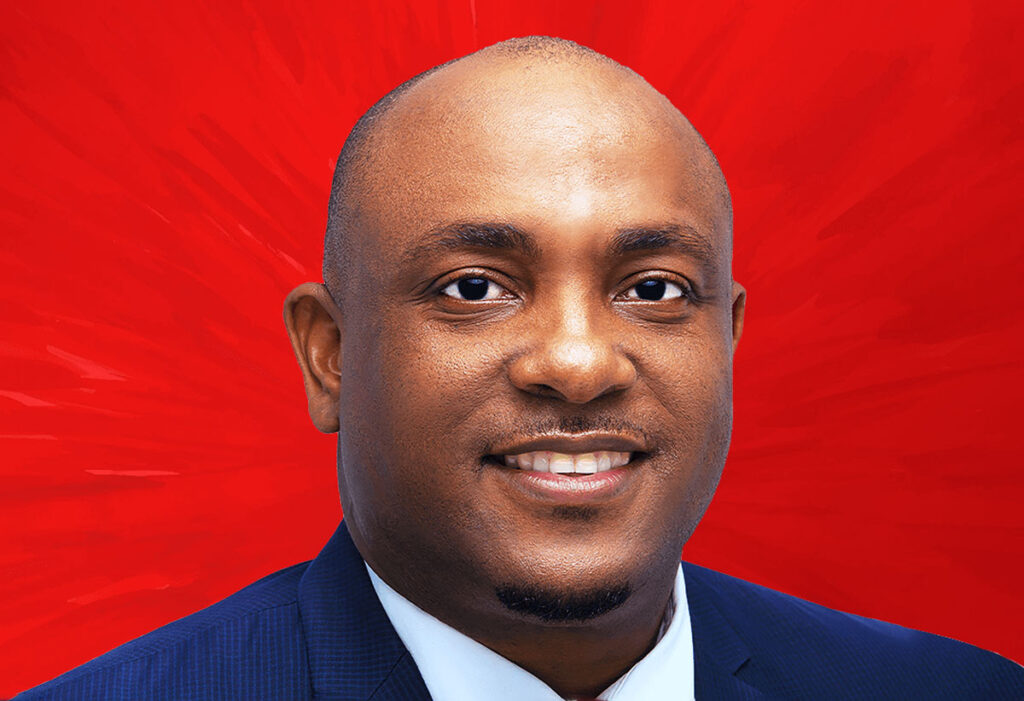
The Caribbean Primary Exit Assessment (CPEA) examination results have finally been released and this year’s top performers are all boys. The results were released on Thursday at the St Mary’s College.
Although the results were announced later than expected, causing many to voice their frustration on social media, Education Minister Shawn Edward said the delay was necessary.
Two thousand and fifty-five students were registered for the CPEA examinations which were held for the first time in Saint Lucia on May 12th and 13th. The CPEA, which is administered by the Caribbean Examination Council (CXC), notably moved away from the traditional one-test approach and is now two-fold, comprising of both an internal and an external component.
“While we may be later than the rest of the region, this delay was necessary to allow for the required vetting to be undertaken and the identified anomalies rectified. The introduction of the CPEA ushered in a new testing paradigm. This is a deliberate move away from simple testing subjects to specifically assessing significant literacies which are necessary for matriculation into secondary education,” Edward stated.
“The introduction of both an internal and external component to this assessment necessitates collaboration among teachers, parents, students, and the Caribbean Examinations Council. Moreover, there continues to be an emphasis on our special education students. This assessment has the potential to measure their skills and aptitude to promote a culture of inclusion,” Edward said, adding that the expectation is that students will transition from primary to secondary schools being more motivated and confident “as they strive to become self-regulated learners.”
Whilst many were skeptical about the introduction of CPEA, Edward noted that it proved to be a step in the right direction. According to the minister, the results proved that students’ performances aligned with that of students across the region and in no way deviated significantly from the expected outcomes locally.
“Of course, there are processes that need to be strengthened and communication among stakeholders must be enhanced moving forward, however, I am of the firm view that embracing the CPEA was the best assessment approach for our grade six students,” Edward said.
Scores for this year’s CPEA examination ranged from 97.2 to 22.5 with the top ten students hailing from seven different schools. Xavi Fontenelle registered the most impressive performance nationally with a score of 97.2. Fontenelle, who attended the Dame Pearlette Louisy Primary School, was assigned to St. Mary’s College.
Jonathan Yang (Augier Combined School), Matthew Hassani George (Camille Henry Memorial), Jashon Haydn Taylor (Augier Combined School), Ethan Thijs Bernard (Augier Combined School) also raked up impressive scores, following with 96.8%, 96, 95.6% and 95.6% respectively.
“As a country we registered a mean (of) 70.56 percent. I am particularly encouraged by the performances of our boys. The top five students in this year’s exam were all boys. The exam, more than anything else, is supposed to tell us where we are at with our students. It is supposed to give us a better insight in terms of how we fashion our instruction, the different modalities that we embrace, and that is what is critical for us at the Ministry of Education,” Edward said.
However, he made it clear that “CPEA and other forms of assessment in the primary school system (are) not meant to be competition. We will not be pitting one school against each other, but what we will do is give due recognition to the students who performed outstandingly.”
The minister also congratulated teachers, who despite their challenges (brought on by the COVID-19 pandemic and CPEA), remained steadfast. According to him, they brought out “the best” in students.
“You will understand more than most in this country how difficult an academic year it was leading up to the CPEA. I never doubted the ability and the perseverance and the commitment of our teachers and that is why at the highest levels of educational policy making, we were insisting that we would go ahead and today we feel a sense of vindication having critically examined the results,” Edward stated.
He noted that the CPEA examination presents an opportunity for teachers to become more creative and innovative in their instruction.
“When this happens, our students stand a better chance of attaining success. At the Ministry of Education, the intent is to promote greater action research focusing on each learner, ensuring that their unique needs and abilities are nurtured to maximize both their academic and social learning. I’m extremely proud of our students and their performances in our first CPEA sitting,” Edward said.
Moreover, he explained, “Today is a great day for the education system as we have been able to continuously monitor the competencies of our students. Through continuous formative assessment, schools have been able to reduce learning gaps and ensure the mastery of relevant literacies and skills.”
He also urged parents to support their children and said that it is “too early” for parents to take children to task because of the schools that they have been assigned to.
“I want to say to the parents please do not exert unnecessary pressure on the children. They are only transitioning from primary education to secondary. We have quality teachers in all of our secondary schools. I said to a group of graduating students yesterday (that) it does not really matter which secondary school you go to. Once you apply yourself and you’re coming with the requisite determination and commitment, you can achieve everything that is there to be achieved in the secondary school system of our country,” Edward said.


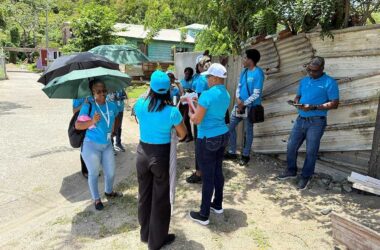
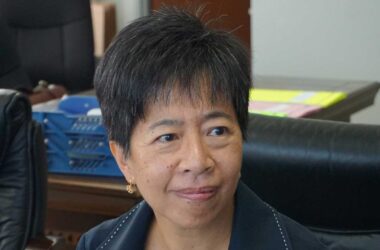
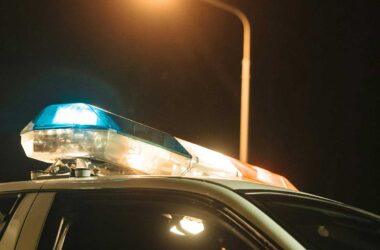
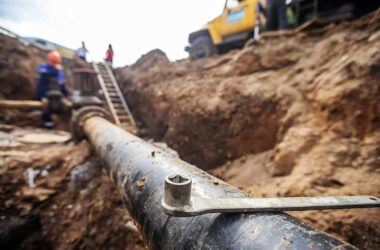

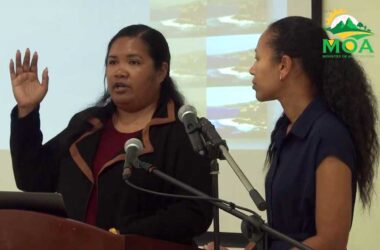

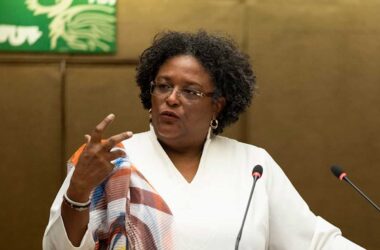
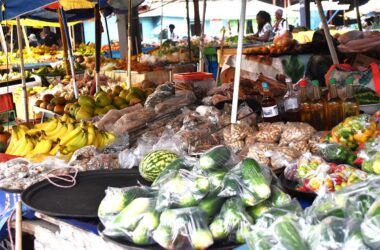



The academic performance of our boys is, indeed, impressive.
Never-the-less be careful not to subvert a comprehensive assessment of capacity to achieve learning to such snapshot view as exposed in a test.
The scope of students’ capacity to learn and their achievement of learning is both conventional (as in book and test acumen) and unconventional showing (as in self motivated skills of industry).
For the nation to benefit from the full spectrum of learning of its citizens, it is necessary that the education system fully cultivate the garden of human intellect present in each student
It is also commendable that attention is paid to the achievement of special education students. Again be careful in instituting inclusion. Often haphazard launching of SPED programs result in un-intended consequence.
From all accounts, Mr. Edwards proves to be a capable captain at the helm of education in St. Lucia. Bravo!